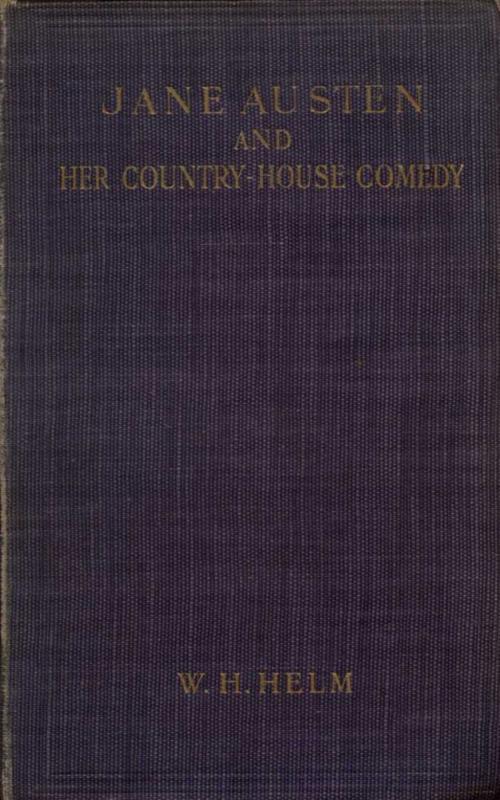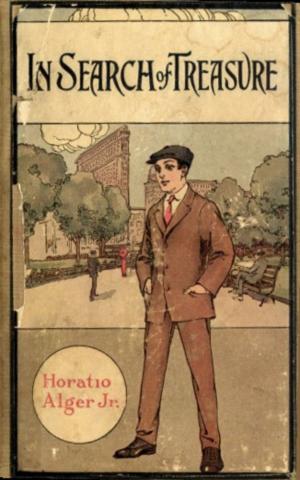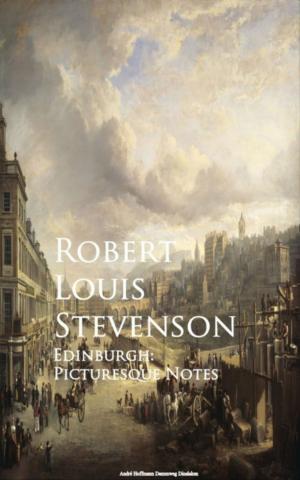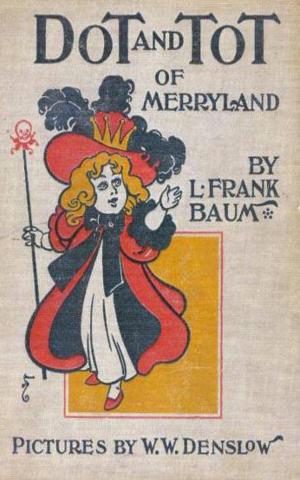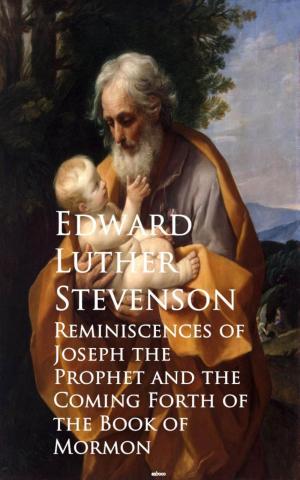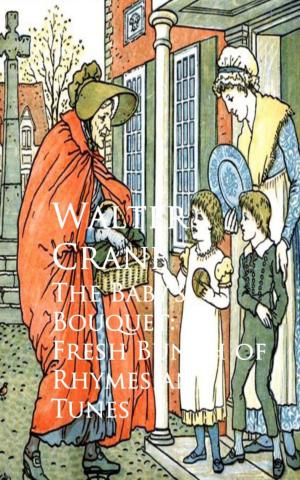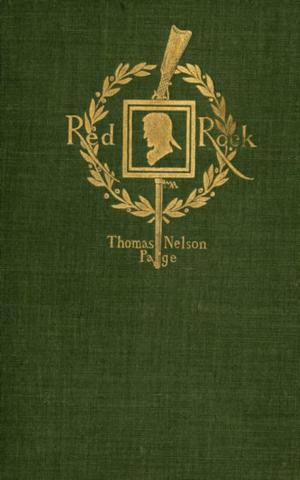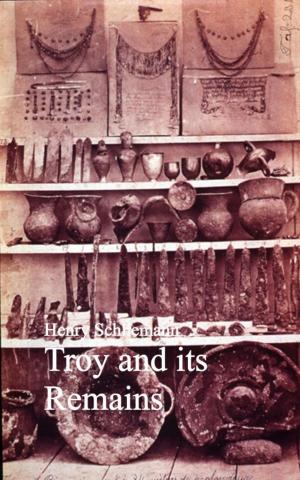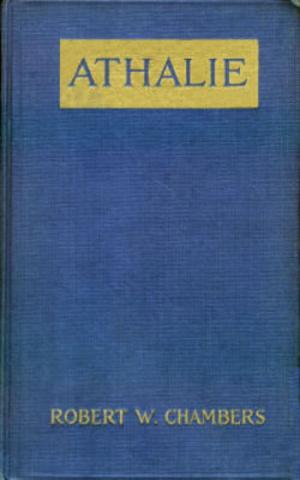| Author: | W. H. Helm | ISBN: | 9783736419322 |
| Publisher: | anboco | Publication: | June 28, 2017 |
| Imprint: | Language: | English |
| Author: | W. H. Helm |
| ISBN: | 9783736419322 |
| Publisher: | anboco |
| Publication: | June 28, 2017 |
| Imprint: | |
| Language: | English |
DOMINANT QUALITIES Jane Austen's abiding freshness—Why she has not more readers—Characteristics of her work—Absence of passion—Balzac, Jane Austen, and Charlotte Brontë—Jane in her home circle—Her tranquil nature—Her unselfishness—Compared with Dorothy Osborne—Prudent heroines—Thoughtless admiration EQUIPMENT AND METHOD Literary influences—Jane Austen's defence of novelists—The old essayists—Her favourite authors—Some novels of her time—Criticism of her niece's novel—Sense of her own limitations—Her method—Humour—Familiar names—Some characteristics of style—Suggested emendations—A new "problem" of authorship—A "forbidding" writer—"Commonplace" and "superficial"—Thomas Love Peacock—Sapient suggestions CONTACT WITH LIFE Origins of characters—Matchmaking—Second marriages—Negative qualities of the novels—Close knowledge of one class—Dislike of "lionizing"—Madame de Staël—The "lower orders"—Tradesmen—Social position—Quality of Jane's letters—Balls and parties ETHICS AND OPTIMISM Dr. Whately on Jane Austen—"Moral lessons" of her novels—Charge of "Indelicacy"—Marriage as a profession—A "problem" novel—"The Nostalgia of the Infinite"—The "whitewashing" of Willoughby—Lady Susan condemned by its author—The Watsons—Change in manners—No "heroes"—Woman's love—The Prince Regent—The Quarterly Review THE IMPARTIAL SATIRIST What has woman done?—"Nature's Salic law"—Women deficient in satire—Some types in the novels—The female snob—The valetudinarian—The fop—The too agreeable man—"Personal size and mental sorrow"—Knightley's opinion of Emma—Ashamed of relations—Mrs. Bennet—The clergy and their opinions—Worldly life—Absence of dogma—Authors confused with their creations PERSONAL AND TOPOGRAPHICAL The novelist and her characters—Her sense of their reality—Accessories rarely described—Her ideas on dress—Her own millinery and gowns—Thin clothes and consumption—Domestic economy—Jane as housekeeper—"A very clever essay"—Mr.
DOMINANT QUALITIES Jane Austen's abiding freshness—Why she has not more readers—Characteristics of her work—Absence of passion—Balzac, Jane Austen, and Charlotte Brontë—Jane in her home circle—Her tranquil nature—Her unselfishness—Compared with Dorothy Osborne—Prudent heroines—Thoughtless admiration EQUIPMENT AND METHOD Literary influences—Jane Austen's defence of novelists—The old essayists—Her favourite authors—Some novels of her time—Criticism of her niece's novel—Sense of her own limitations—Her method—Humour—Familiar names—Some characteristics of style—Suggested emendations—A new "problem" of authorship—A "forbidding" writer—"Commonplace" and "superficial"—Thomas Love Peacock—Sapient suggestions CONTACT WITH LIFE Origins of characters—Matchmaking—Second marriages—Negative qualities of the novels—Close knowledge of one class—Dislike of "lionizing"—Madame de Staël—The "lower orders"—Tradesmen—Social position—Quality of Jane's letters—Balls and parties ETHICS AND OPTIMISM Dr. Whately on Jane Austen—"Moral lessons" of her novels—Charge of "Indelicacy"—Marriage as a profession—A "problem" novel—"The Nostalgia of the Infinite"—The "whitewashing" of Willoughby—Lady Susan condemned by its author—The Watsons—Change in manners—No "heroes"—Woman's love—The Prince Regent—The Quarterly Review THE IMPARTIAL SATIRIST What has woman done?—"Nature's Salic law"—Women deficient in satire—Some types in the novels—The female snob—The valetudinarian—The fop—The too agreeable man—"Personal size and mental sorrow"—Knightley's opinion of Emma—Ashamed of relations—Mrs. Bennet—The clergy and their opinions—Worldly life—Absence of dogma—Authors confused with their creations PERSONAL AND TOPOGRAPHICAL The novelist and her characters—Her sense of their reality—Accessories rarely described—Her ideas on dress—Her own millinery and gowns—Thin clothes and consumption—Domestic economy—Jane as housekeeper—"A very clever essay"—Mr.
